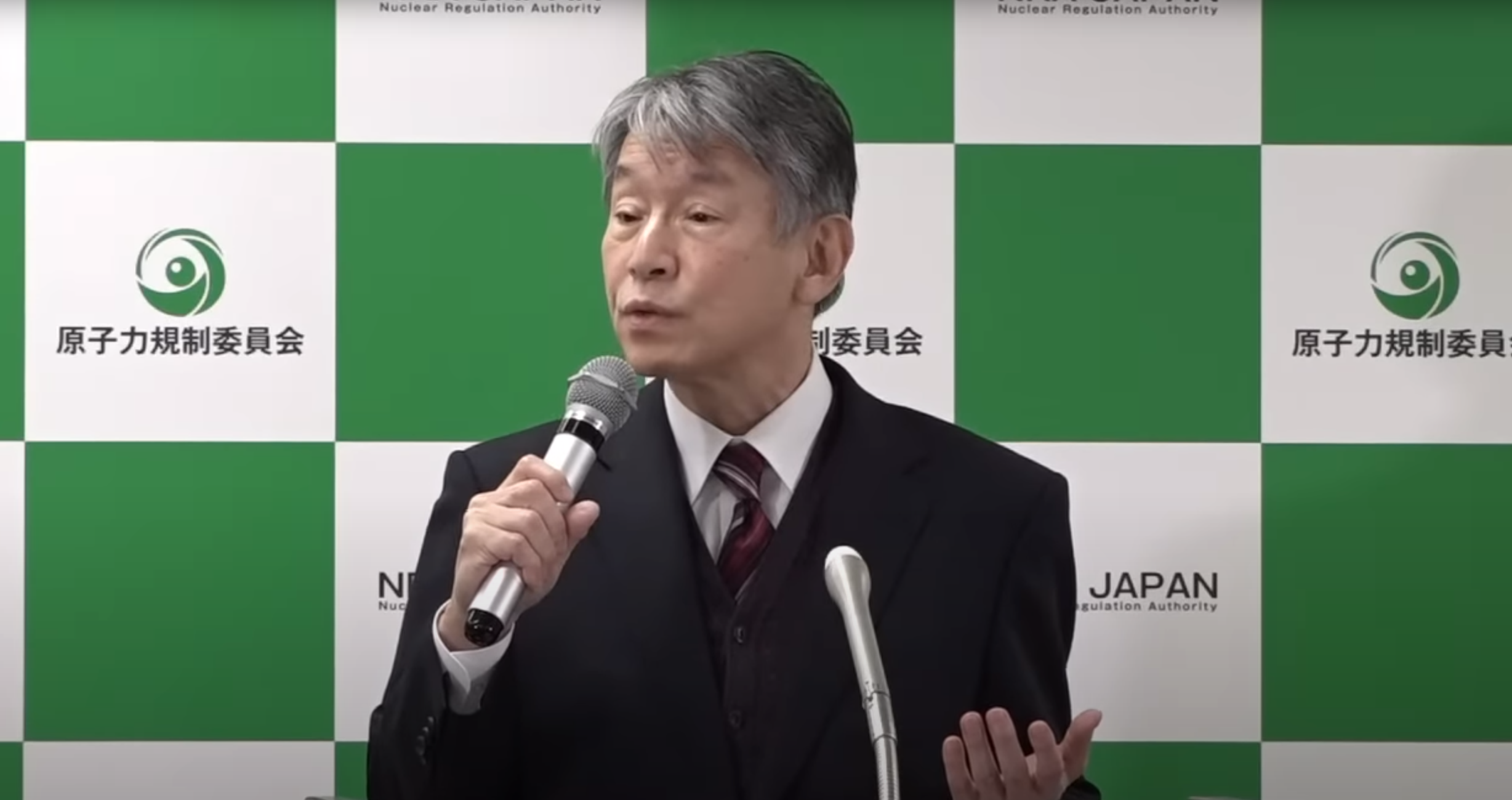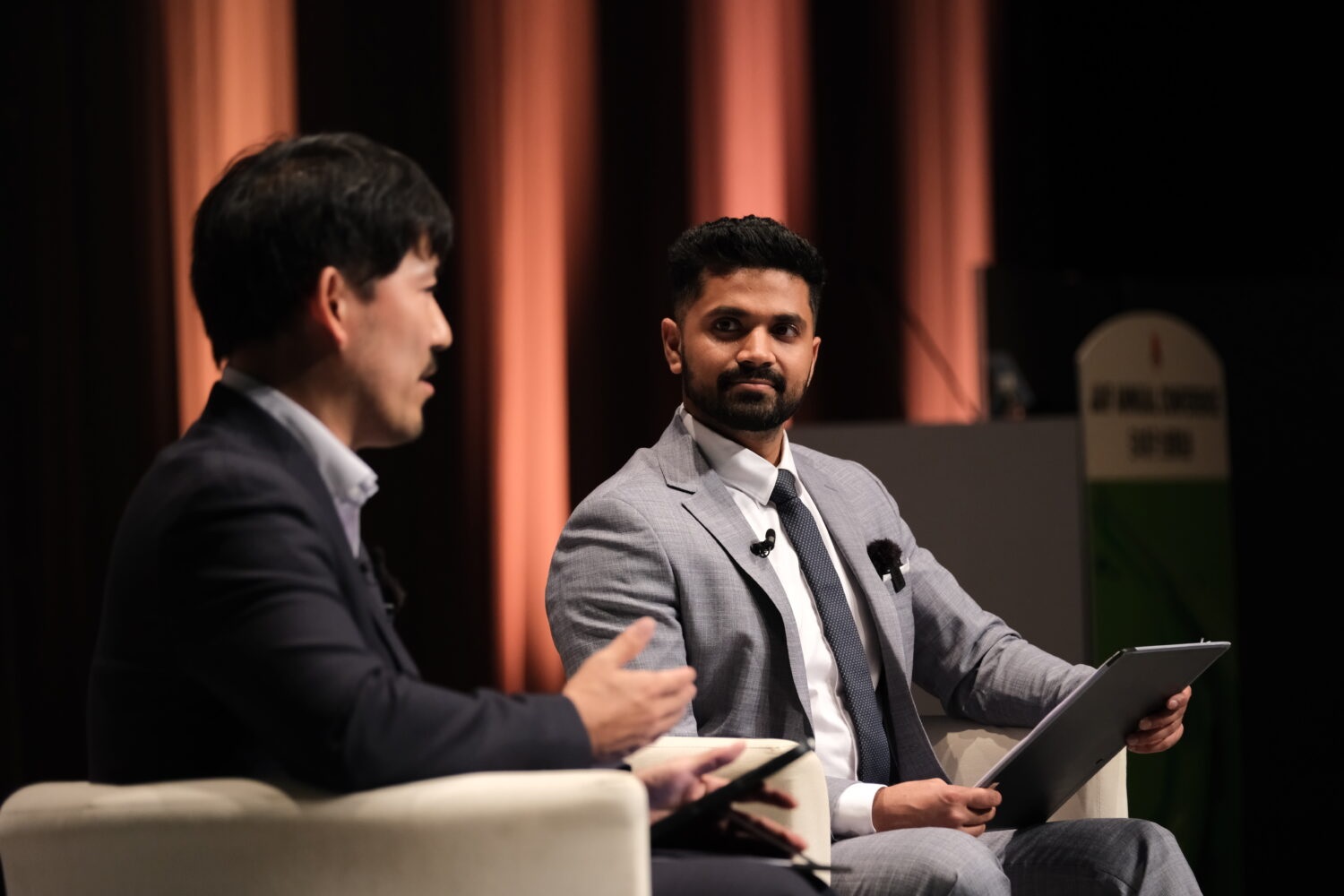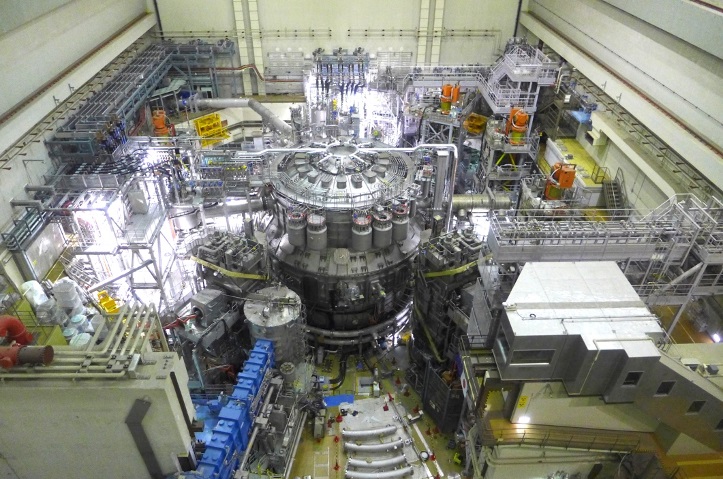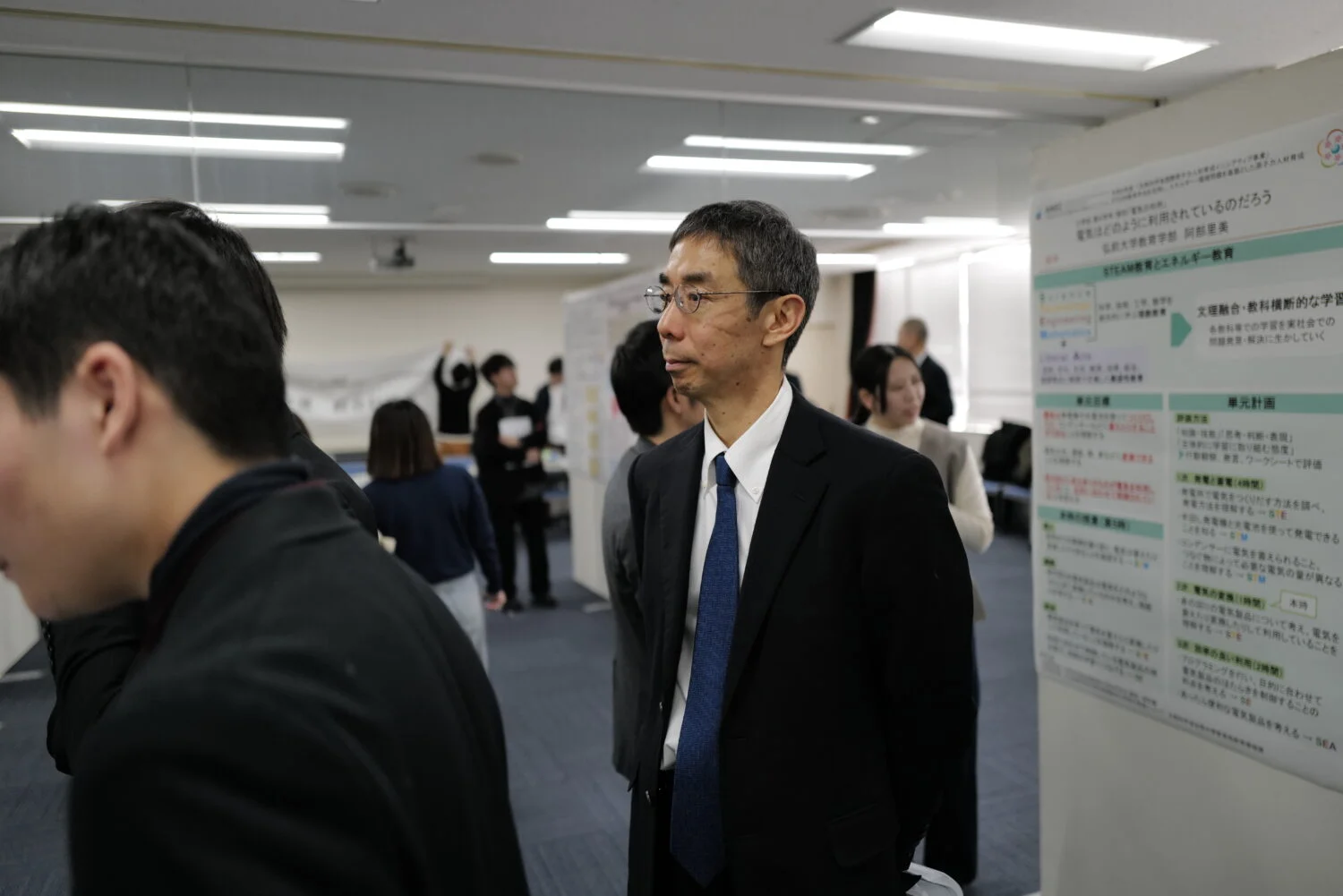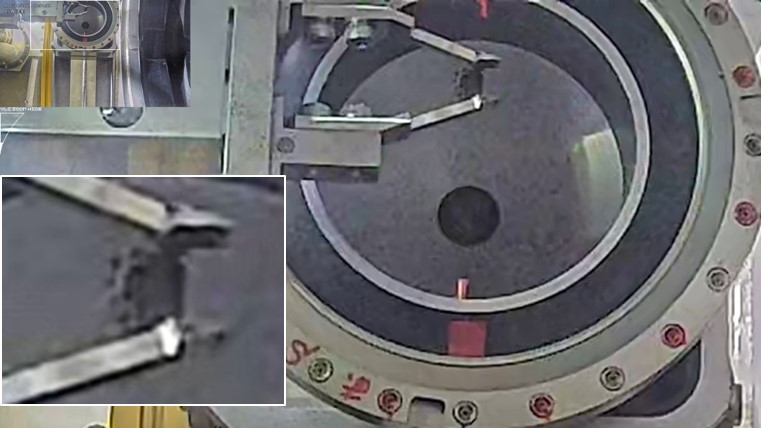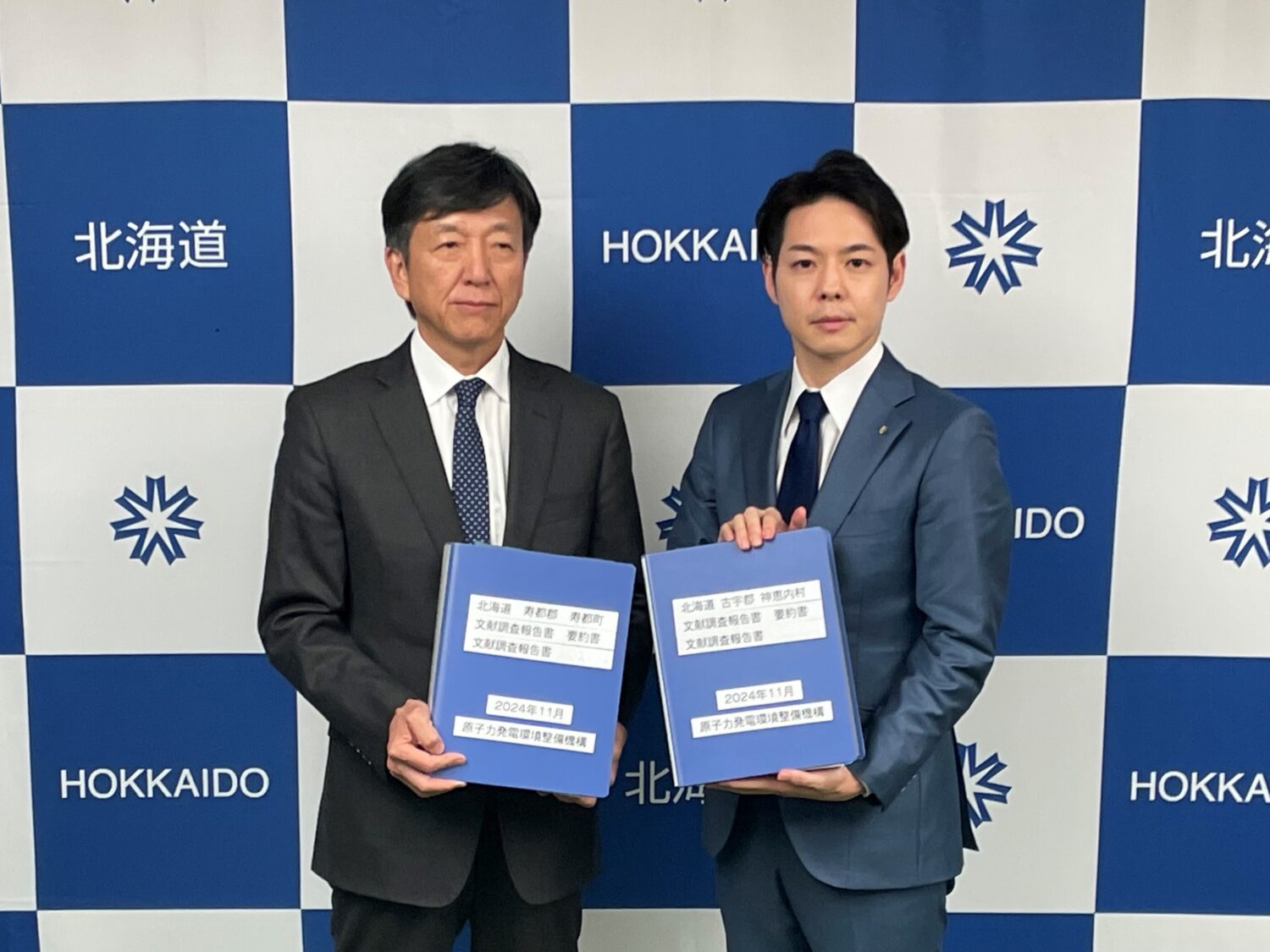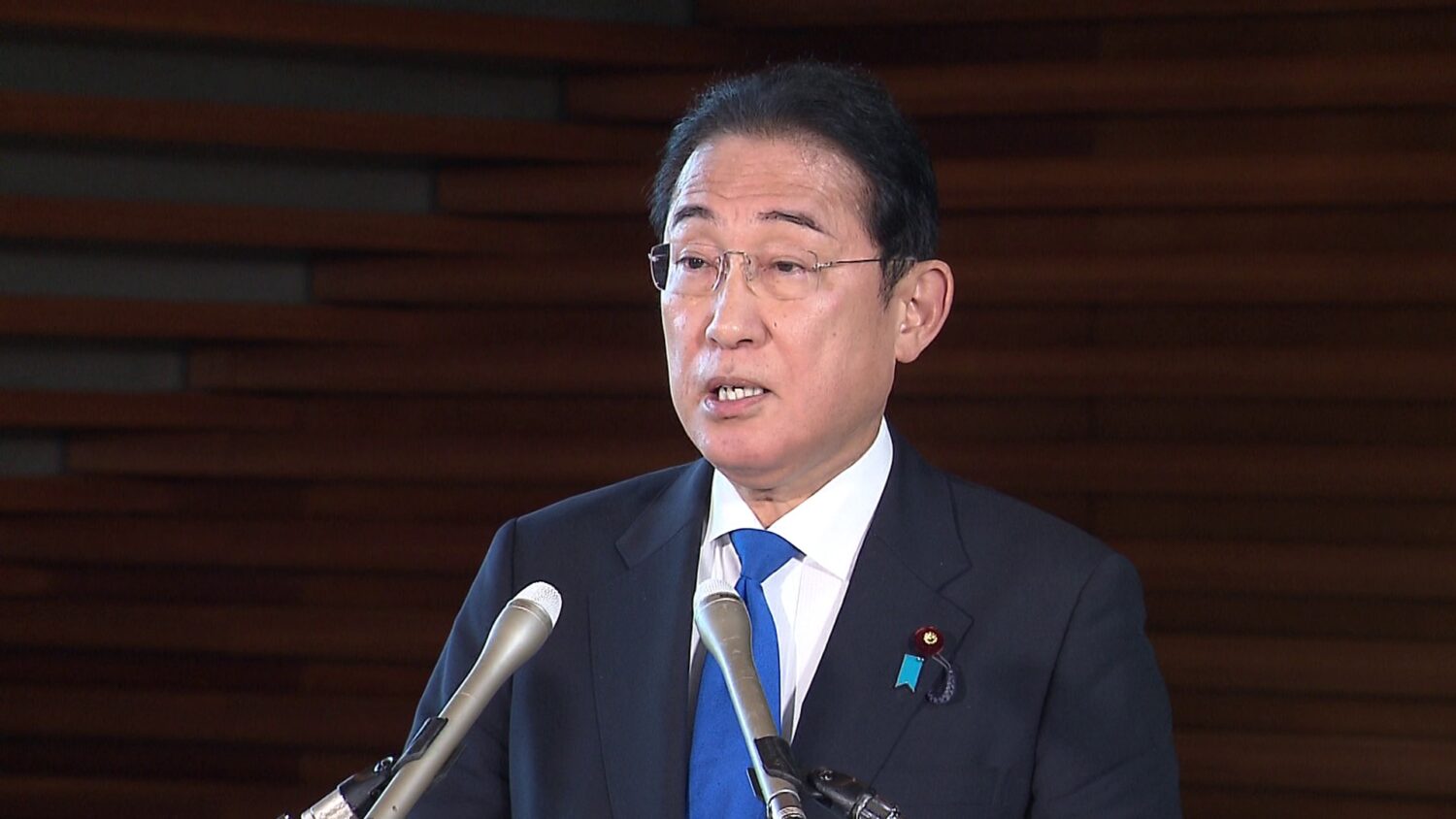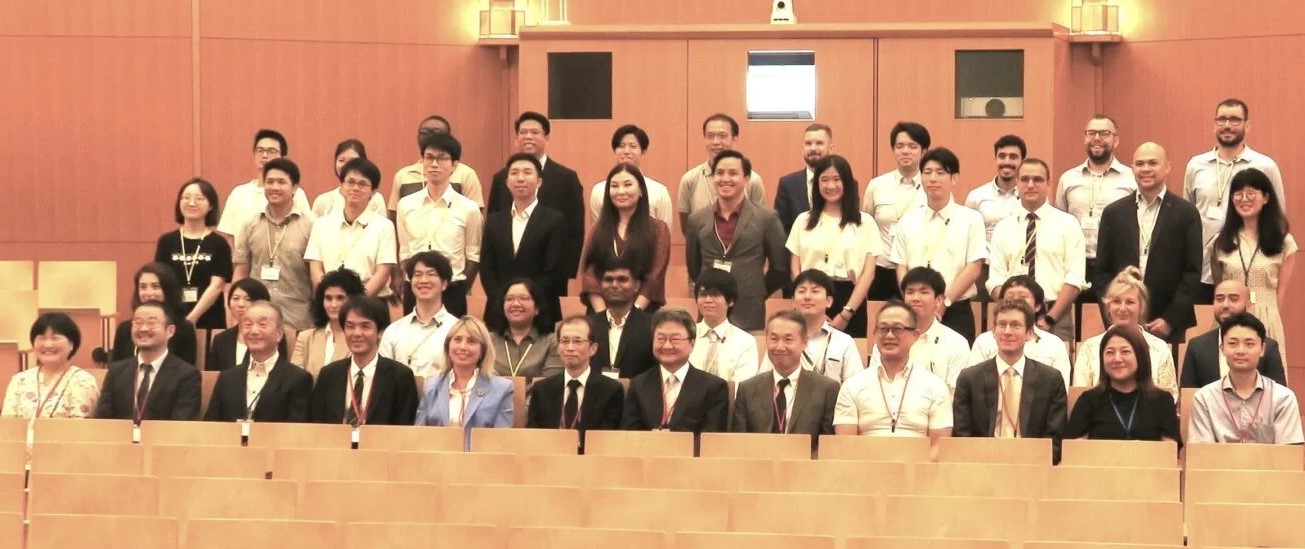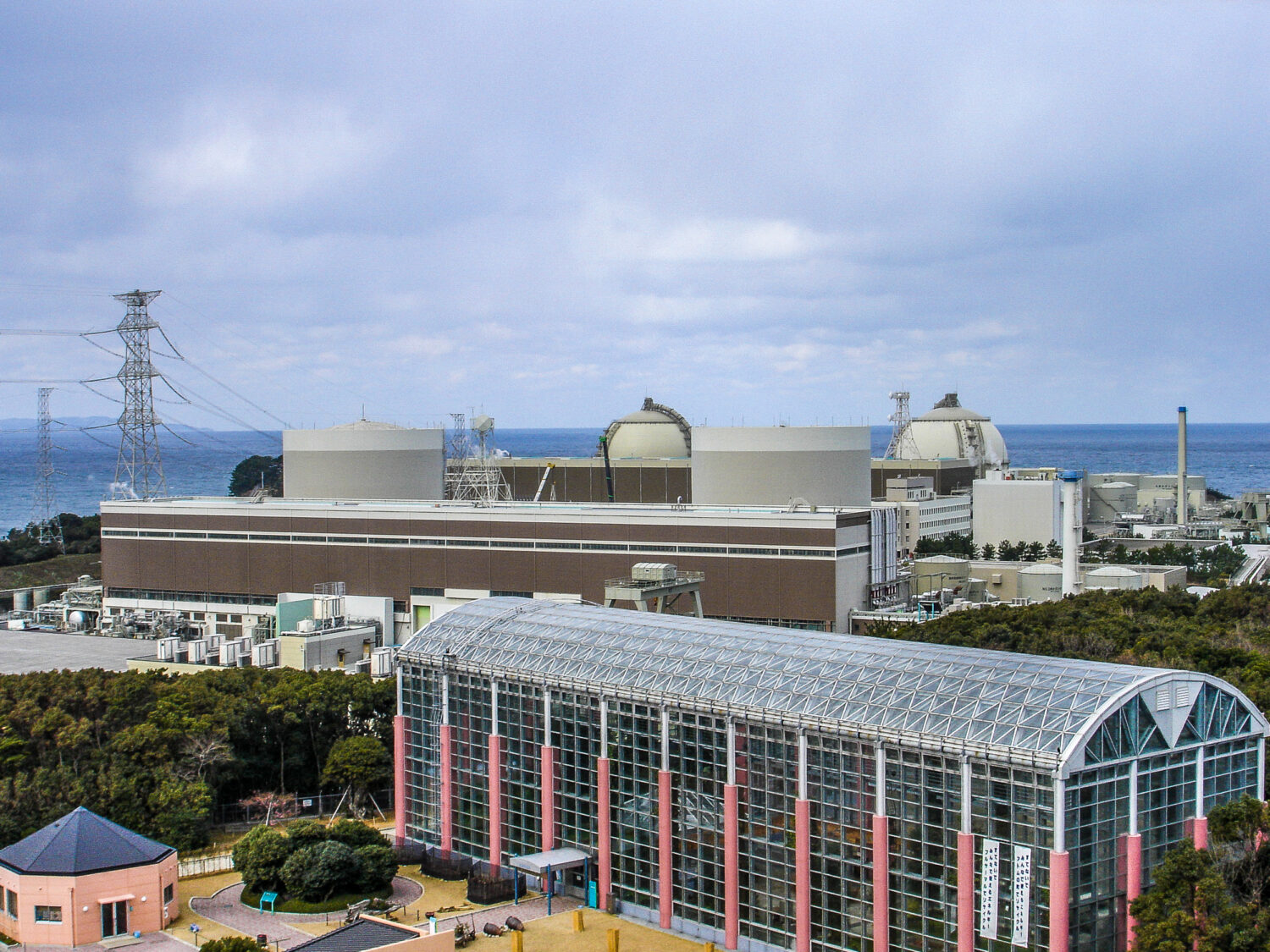Dr. Fuketa was appointed an NRA commissioner ten years ago, when the NRA was established in September 2012, on the basis of his nuclear safety research at the Japan Atomic Energy Agency (JAEA) and his participation in a working group on aging reactor management at the former Nuclear & Industrial Safety Agency (NISA).
He was described then as Japan’s “person closest to nuclear reactors.” As an NRA commissioner, he worked primarily in examining nuclear plants. In September 2017, he was appointed NRA chairman, succeeding the first chairman, TANAKA Shunichi.
As both a commissioner and chairman, Dr. Fuketa served the NRA for a decade. “Honestly, I am unable to make myself believe I have retired,” he said when asked for his thoughts on the moment. “And until I actually leave office, I will have to step up if anything happens. After that, I will be able to look back.”
He then described the “disaster cellphone,” which he has been bound by duty to carry at all times, until he passes it to the new chairman, YAMANAKA Shinsuke. who will not officially assume responsibility until September 26 when his attestation is scheduled.
The NRA marked completion of its tenth year of existence on September 19. Referring to the two points that he articulated at the inception of the NRA and that guided him throughout his tenure—namely, that the NRA must not succumb to “regulatory capture” and that it must not allow the “safety myth” to return—Chairman Fuketa said that he had “managed to stick to those beliefs,” but warned of the need to maintain “constructive tension” or the situation “could easily go backward.” He stressed that it was necessary to stay constantly alert.
He then looked back at the first few years after becoming a commissioner. “It was the time—July 2013—when the NRA was issuing its new regulatory standards and starting compatibility examinations based on those standards. Although it was the toughest period time-wise and in terms of the volume of work, I personally found it the most impressive.”
There are 27 nuclear power plants (NPPs) in Japan for which applications for safety examinations have been filed, and ten NPPs have been restarted. Ten more NPPs are in the process of being examined, some of which have been undergoing examinations for about nine years, since the beginning of issuance of the new regulatory standards. In regard to that, Chairman Fuketa said, “We did not act based on a desire to restart a specific number of NPPs.
Referring to the 2020 physical protection incident at TEPCO’s Kashiwazaki-Kariwa NPS, Chairman Fuketa said that the security nature of the matter meant that certain information about the breach could not be discussed, but also that many things were found on the regulatory side which needed to be improved. He emphasized again the importance of not being content with mere checking, but of always questioning, and never being afraid to “take everything back to the beginning (and start over).”
At present, a correction order under the Law for the Regulation of Nuclear Source Material, Nuclear Fuel Material and Reactors (the Reactor Regulation Law) is in effect at the Kashiwazaki-Kariwa NPS, and additional inspections are being undertaken. Chairman Fuketa said that signs of improvement have been seen within top management, and that he expected the “crisis” to have a positive effect throughout the organization.
Asked about the current calculation of operating lifetimes of NPPs, which includes periods of non-operation such as suspensions for periodic examinations—because “the clock is not stopped”—he answered that “various conditions at the respective NPPs, including earthquake-proofing, differ from one reactor to another, so that the effectiveness of aging management measures must be checked individually.”
As for the regulation of next-generation advanced nuclear reactors, he noted that while movements taking place in other countries are being watched, no operator in Japan has yet spoken out. “Regulation is entirely different depending on the reactor type, as are the approaches to it. The regulatory authority will work on the required standards based on the reactor types proposed,” he said.
Turning to the Rokkasho Reprocessing Facility, owned by Japan Nuclear Fuel Ltd. (JNFL), where examinations for approval of design and construction work plans are underway, Chairman Fuketa raised the need to begin considering a second reprocessing plant, based on the volumes of spent fuel to be generated, among other issues.
Regarding the decommissioning of Fukushima Daiichi, he said that many difficult issues lay ahead, citing storage of solid nuclear waste as an example. He said that he personally remained keenly interested in that issue.
Finally, Chairman Fuketa spoke about the need for human resources to be engaged in nuclear regulation. He said that the technological capabilities of individuals—the most fundamental of all requirements—were vastly superior now compared with when the NRA was established. At the same time, he said that it was still difficult to find and hire people, noting that this was an issue experienced throughout the nuclear industry.
He concluded by saying that ongoing analyses of the March 2011 accident at Fukushima Daiichi should be effective in attracting the attention of younger people. Securing nuclear human resources, he said, required steady work and perseverance.



